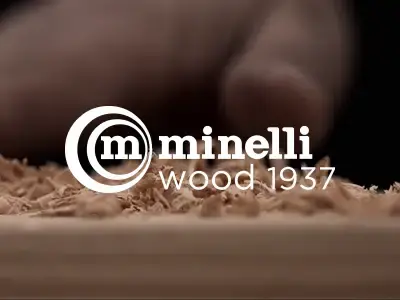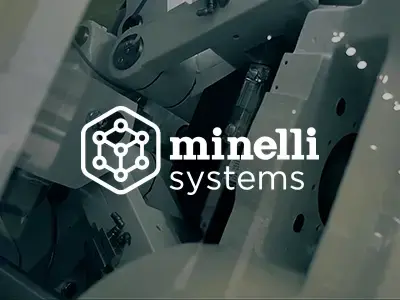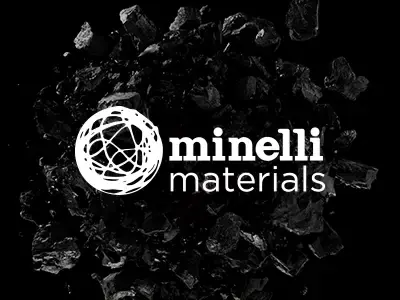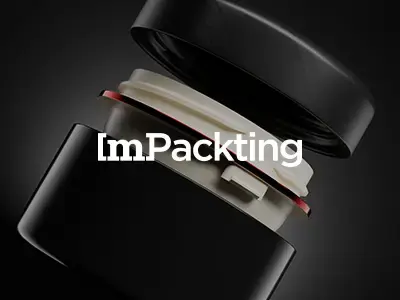 In an era increasingly defined by environmental consciousness and sustainable living, every aspect of daily life is under scrutiny for its ecological footprint. Among the myriad of choices we make, the selection between a wooden toothbrush and its plastic counterpart has emerged as a surprisingly significant decision.
In an era increasingly defined by environmental consciousness and sustainable living, every aspect of daily life is under scrutiny for its ecological footprint. Among the myriad of choices we make, the selection between a wooden toothbrush and its plastic counterpart has emerged as a surprisingly significant decision.
While seemingly trivial, this choice encapsulates broader debates about sustainability, health, and the future of our planet. Here's why a wooden toothbrush isn't just a tool for oral hygiene but a statement of environmental stewardship and personal well-being.
The reasons to choose a wooden toothbrush instead of a plastic one
Today, the choice between using a plastic or wooden toothbrush has evolved into a statement of one’s commitment to sustainability and ecological responsibility. This seemingly small decision is a mirror reflecting larger concerns about the health of our planet and the legacy we leave for future generations.
Opting for a wooden toothbrush over a plastic embodies a shift towards reducing waste, minimizing harm to ecosystems, and supporting sustainable practices across industries.
The rationale behind this preference encompasses a range of considerations, from the environmental impact of production and disposal to the personal health benefits and the economic implications of supporting green industries.
Let’s explore why a wooden toothbrush is superior to its plastic counterpart.
Environmental Impact
Biodegradability
Wooden toothbrushes, if made from sustainably sourced woods, boast a crucial environmental benefit: biodegradability. Unlike plastic, which can linger in landfills and oceans for hundreds of years, wooden toothbrushes decompose naturally, reintegrating with the earth without leaving harmful residues. This simple transition can significantly reduce the volume of non-biodegradable waste generated by billions of discarded plastic toothbrushes annually.
Sustainable production
The production process of wooden toothbrushes also tends to be more environmentally friendly, especially if you choose a wood manufacturing company that is particularly attentive to environmentally friendly practices. In contrast, the production of plastic toothbrushes involves petroleum, a non-renewable resource, and emits a substantial amount of carbon dioxide, contributing to climate change.
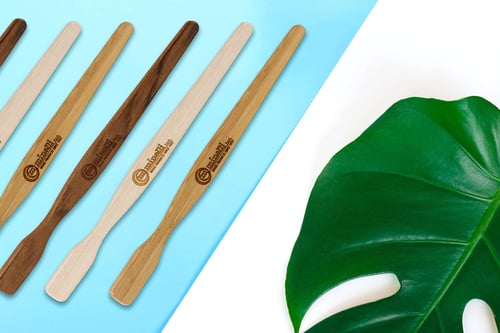
Reduced plastic pollution
Plastic pollution is a pressing global issue, with vast quantities of plastic waste accumulating in the oceans and on land. Especially microplastics, the minute fragments of plastic less than five millimeters in size, represent a critical and pervasive environmental challenge, infiltrating ecosystems on a global scale. These tiny pollutants originate not only from the breakdown of larger plastic debris but also from a multitude of consumer products and industrial processes. The consequences of microplastic pollution are far-reaching, impacting not just marine life but also terrestrial and airborne species, including humans.
Fish and birds can mistake microplastics for food, leading to ingestion and accumulation in the food chain, which poses potential health risks to other animals and humans. By choosing alternatives to plastic products, such as wooden toothbrushes, consumers play an active role in reducing the influx of plastic waste and, consequently, microplastics into our environment.
Health Benefits
Non-toxic
Wooden toothbrushes are often natural and organic, free from the BPA (Bisphenol A) and other toxic compounds commonly found in plastics. BPA exposure has been linked to various health issues, including hormonal imbalances and heart problems. By choosing wooden over plastic, users reduce their risk of exposure to these harmful chemicals.
Antibacterial properties
Some woods have inherent antibacterial properties, offering an added layer of protection against oral pathogens. This natural resistance to bacteria contributes to a cleaner, more hygienic brushing experience.
Aesthetic and tactile appeal
Unique design
Wooden toothbrushes bring a unique aesthetic appeal to the mundane act of brushing teeth. Each brush, with its natural grain patterns and warm tones, serves not just as a tool but as a piece of art. This elegance transforms the brushing routine into a more enjoyable, visually pleasing experience.
Comfort and feel
Beyond looks, wooden toothbrushes offer a distinct tactile experience. The warmth and natural texture of wood provide a comfortable, soft grip, unlike the cold, hard plastic handles. This sensory experience encourages a more mindful, pleasant brushing routine.
Economic benefits
Supporting sustainable industries
By purchasing wooden toothbrushes, consumers support sustainable forestry and eco-friendly manufacturing sectors. This demand for wooden products promotes economic practices that are in harmony with the planet, encouraging more businesses to adopt sustainable models.
Long-term cost effectiveness
While the initial purchase price of a wooden toothbrush may be higher than a plastic one, the long-term environmental and health benefits offer indirect cost savings. Reduced health risks, lower environmental cleanup costs, and the support of sustainable industries contribute to a healthier economy and planet.
Offering wooden toothbrush in your catalogue it's a commitment to environmental sustainability, personal health, and the future of our planet. In this small choice lies the potential for significant positive impact.
If you are looking for a reliable supplier, the Minelli Group is the right choice. We have more than 80 years of experience in wood manufacturing, and we follow all the rules dictated by the market for environmental and forestry protection.
If you need more information, click here and contact us!
